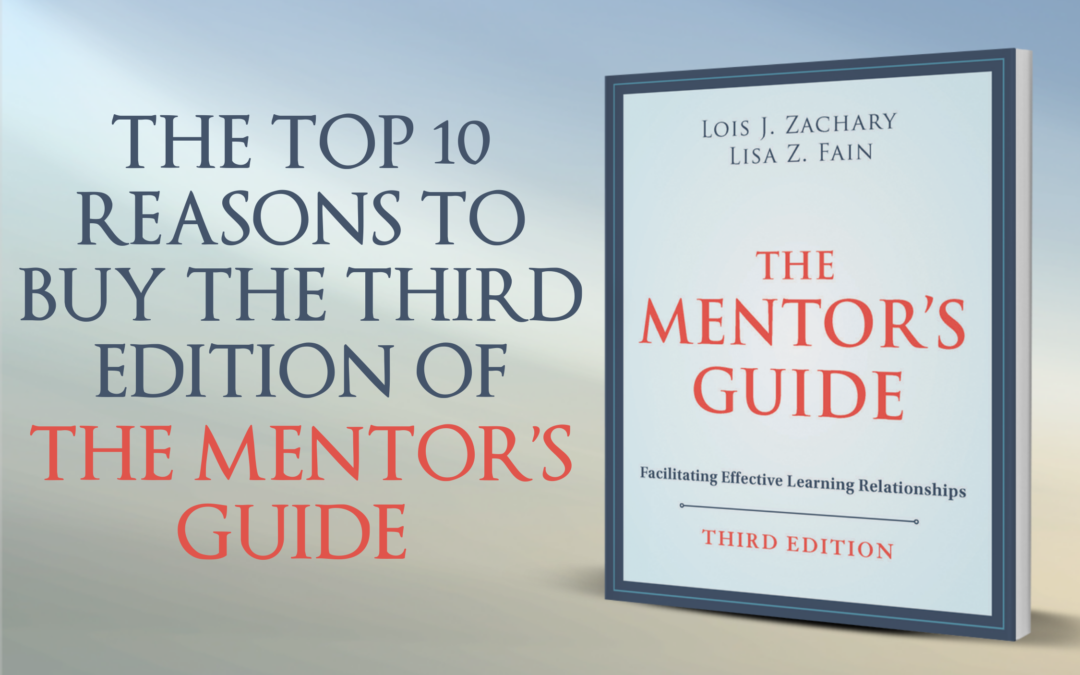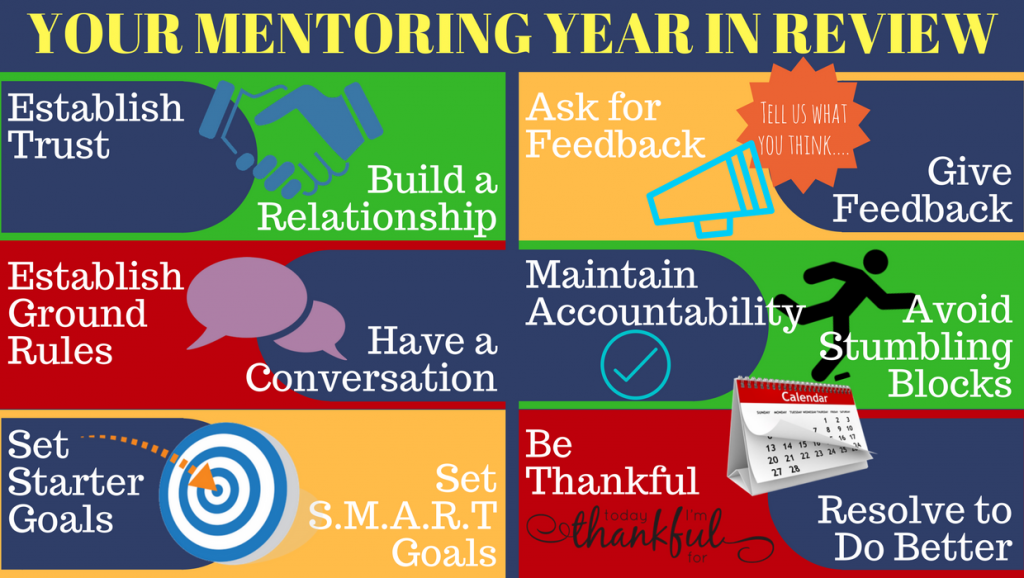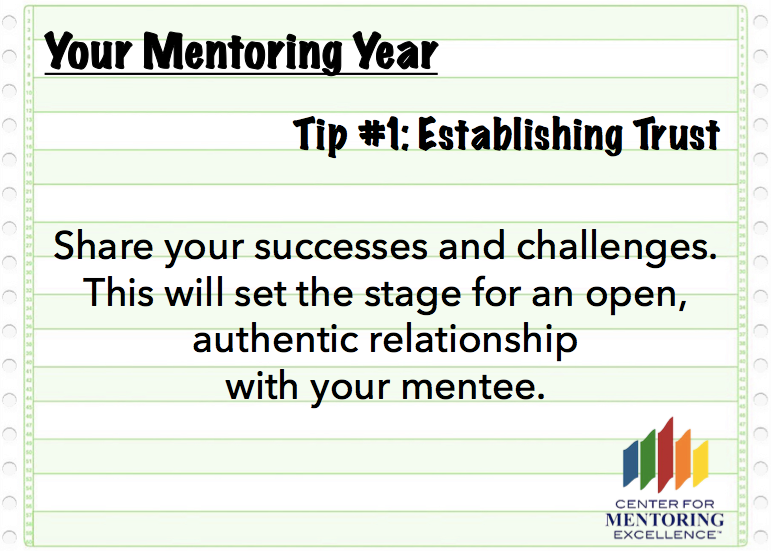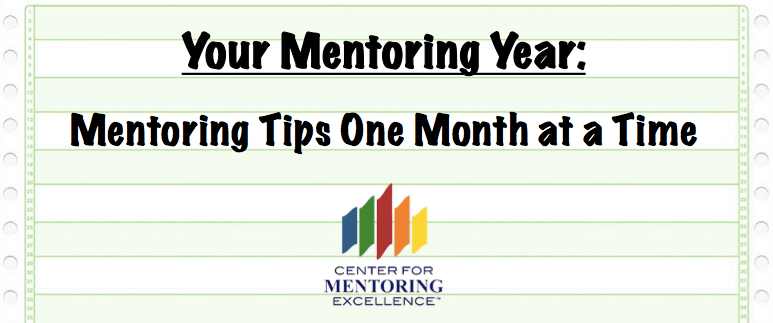
by Lisa Z. Fain | May 8, 2022 | Advice for Leaders, Facilitating Learning, Growth and Development, Making Mentoring Work For You, Mentoring Communication, Mentoring Questions, Mentoring Relationships, Supporting Mentors and Mentees, Uncategorized
Major Changes to the 3rd Edition
Major Changes to the Third Edition
Since the first edition appeared in 2000, interest in and knowledge about adult learning and development has grown exponentially. We now recognize that adult learning is more than a cognitive process; it is a multidimensional phenomenon. The uniqueness of the adult learner has been accentuated over the last decade as we continue to learn about more the complexities of the brain, multiple types of intelligence, and our emotional selves. All of this has meant fundamental changes for mentoring, and for this guide. Among the major changes:
- A full two chapters are now devoted to the importance of context and connecting in mentoring, including an exploration of the context of difference and the context of how people come together to connect with one another in the relationship.
- Conversation between mentors and mentees are drawn from actual mentoring experiences in a variety of situations, including business, government, nonprofit, and higher education, and reflect the diversity of the global workplace.
- There is more discussion and emphasis on mentoring relationships embedded in context including a consideration of the context of other differences—sexual orientation, gender, and race—in the mentoring relationship, with many examples
- The chapter on the context of connection has been expanded to include physical, virtual, and personal context, with special attention to how virtual mentoring connections offer new ways to create and enhance positive mentoring relationships.
- The section on mentoring matches addresses seeking, selecting and evaluating a potential mentoring relationship.
- Additional examples have been included along with an enhanced mentor skills list and updated approaches for starting your mentoring relationship.
- The goal setting process has been expanded from SMART goals to SMARTer goals, adding to the specificity and measurability of the process.
- There is an enhanced conversation guide to help mentors evaluate mentee learning goals, full consideration of emotional triggers that impact mentoring and guidance for co-creating your mentoring partnership
- Includes more emphasis on trust, including the dynamics of self-trust and interpersonal trust
- Includes updated and enhanced content on feedback including how to get back on track when stumbling blocks get in the way. Explores the dynamics of the feedback process with many more examples and a feedback checklist for mentors.
by Center for Mentoring Excellence | May 14, 2018 | Advice for Leaders, Facilitating Learning, Growth and Development, Making Mentoring Work For You, Mentoring Communication, Mentoring Questions, Mentoring Relationships, Mentoring Training, Supporting Mentors and Mentees

You’ve come so far in your mentor/mentee relationship! Take a breath and take a look at all you’ve accomplished over the past 12 months.
Do you remember where you began a year ago? What was the quality and tone of that relationship then? What were your goals and visions?
Where are you now…and even more exciting, Where are you headed for the next 12 months?
Next month we begin a whole new series of tips! So, dream, journal and wonder at your next level…and stay tuned for more.

by Center for Mentoring Excellence | May 16, 2017 | Facilitating Learning, Goal Setting Conversation, Growth and Development, Making Mentoring Work For You, Mentoring Communication, Mentoring Questions, Mentoring Relationships, Mentoring Training, Supporting Mentors and Mentees
Listening is an essential mentoring skill and, once again, it topped our Wheelhouse Mentoring Survey list as the number one attribute of a good mentor.
Thanks to the responses of our readers (like you!) we also collected the following additional characteristics of good listeners:
- Uses active listening.
- Provides a safe environment for a mentee to share and take risks.
- Demonstrates empathy.
- Picks up on all the subtle (or not so subtle) clues to tailor appropriate responses.
- Is nonjudgmental and has unconditional positive regard for their mentee.
- Keeps an open mind.
- Is truly, authentically interested in the development of their mentee.
- Encourages mentees to come up with solutions themselves by asking probing questions.
- Stays focused on their mentee.
- Possesses the humility to accept that they don’t know all the best ways of doing things.
- Remains fully present in the conversation.
- Listens and learns; doesn’t just share their expertise.

Here’s an example of how listening should work in a mentoring relationship, and why it’s so important:
Kasi wanted someone to listen and understand her concerns and challenges. Jonah, her mentor, got it and got her.
Kasi: “I feel like I’m stuck. I don’t see where I can go and grow in this organization. Maybe I need to go back to school and get an MBA.”
Jonah: “Feeling stuck is no fun. I think everyone feels that way at one time or another in their career. I know I’ve been there. I found, both for me and many others who have shared those feelings, it isn’t always the long range career path. Sometimes it is a short term lull — like what you are doing now doesn’t interest you anymore. Does that make sense?”
Kasi: “Yes it does, I don’t feel like I am working on interesting projects anymore. All the new projects seem to be going to others. I feel like I am being left behind.”
Jonah: “That, I know, is not a good feeling. When you see others get what appears to be the latest and greatest project, it can easily make you second guess yourself. I just want to remind you of what you told me before in our earlier conversations. And that is your supervisor values your work, and you are well-respected. So I don’t believe it has to do with your contribution. Have you talked to your supervisor about these feelings of yours and about a new assignment?”
Kasi: “I haven’t. I guess I had hoped I would be the natural go-to person when something new came up.”
Jonah: “Well, I am sure that might have been your hope, but I can tell you, as a supervisor, that, number one, I am not a mind reader. I don’t always know that someone wants a new assignment, and two, I do tend to rely on people like you who are responsible and can get the job done. I give them free reign to do their work and appreciate that I don’t have to watch over them. I guess this is a reminder for me, too. Not to take their contribution for granted.”
Kasi: “So you think I need to be speaking up more about what I need, not just put my head down and get the job done?”
Jonah: “I do. Let’s give it a try.”
Seems pretty straightforward, right? As you can see, Jonah is a mentor who listens. He refers back to previous conversations, showing he’s invested in Kasi. He also acknowledges what she’s feeling, listens to the words she’s using, and digs deeper into why she’s feeling the way she does.
What’s great about this example, too? It showcases several other top qualities listed in our survey — empathy, focus, nonjudgmental, etc. A truly great mentor combines these top qualities into an unforgettable experience for their mentees!
Key Takeaway: How well are you listening? Use the top 12 qualities in this post to help you benchmark your listening skills.

by Center for Mentoring Excellence | Apr 5, 2017 | Facilitating Learning, Growth and Development, Making Mentoring Work For You, Mentoring Communication, Mentoring Questions, Mentoring Relationships, Supporting Mentors and Mentees
Trust is everything when starting out in a new mentoring relationship — and even when you’re nurturing an existing one! While it’s tempting to dive in and drill down quickly to talk about needs and goals at the first meeting, try to avoid this. Instead, focus first on establishing an open and authentic relationship. It takes time and attention, but in the long run, it’s well worth it. You will have established a deeper, more meaningful, trusting relationship. Here are some things to keep in mind:
- Get to know your mentee, and let your mentee get to know you. To jump start the process, come prepared with a list of questions. What is it you want to know about your mentee as a person? What do you want to know about your mentee’s work context?
- Your mentee needs to relate to you, too. Mentees are more forthcoming when a mentor shares their personal success stories, as well as their struggles. If you’re open and authentic, it invites your mentee to be, too.
Check back soon for “Your Mentoring Year” Tip #2!

by Center for Mentoring Excellence | Apr 3, 2017 | Goal Setting Conversation, Growth and Development, Making Mentoring Work For You, Mentoring Relationships, Supporting Mentors and Mentees
How is your year going so far?
With summer right around the corner, we thought it was the perfect time to inject some energy and excitement into your mentoring relationships.
So how about some helpful tips and tools? Just like any other healthy habit, building and sustaining thriving mentoring relationships is a non-stop process, requiring constant care, learning and adjusting.
With this in mind, we’re starting a new program for you — Your Mentoring Year: Mentoring Tips One Month at a Time. Each month we will focus on a mentoring practice, approach or technique that contributes to your mentoring excellence. As part of each month’s tip we’ll discuss why it’s important and how you can specifically apply these practices immediately to enhance your mentoring relationships. It’s both informative and actionable!
After a full year, you can refer back to these monthly tips to assess your effectiveness.
Sound good? Keep an eye out for our first month’s tip early this week!








